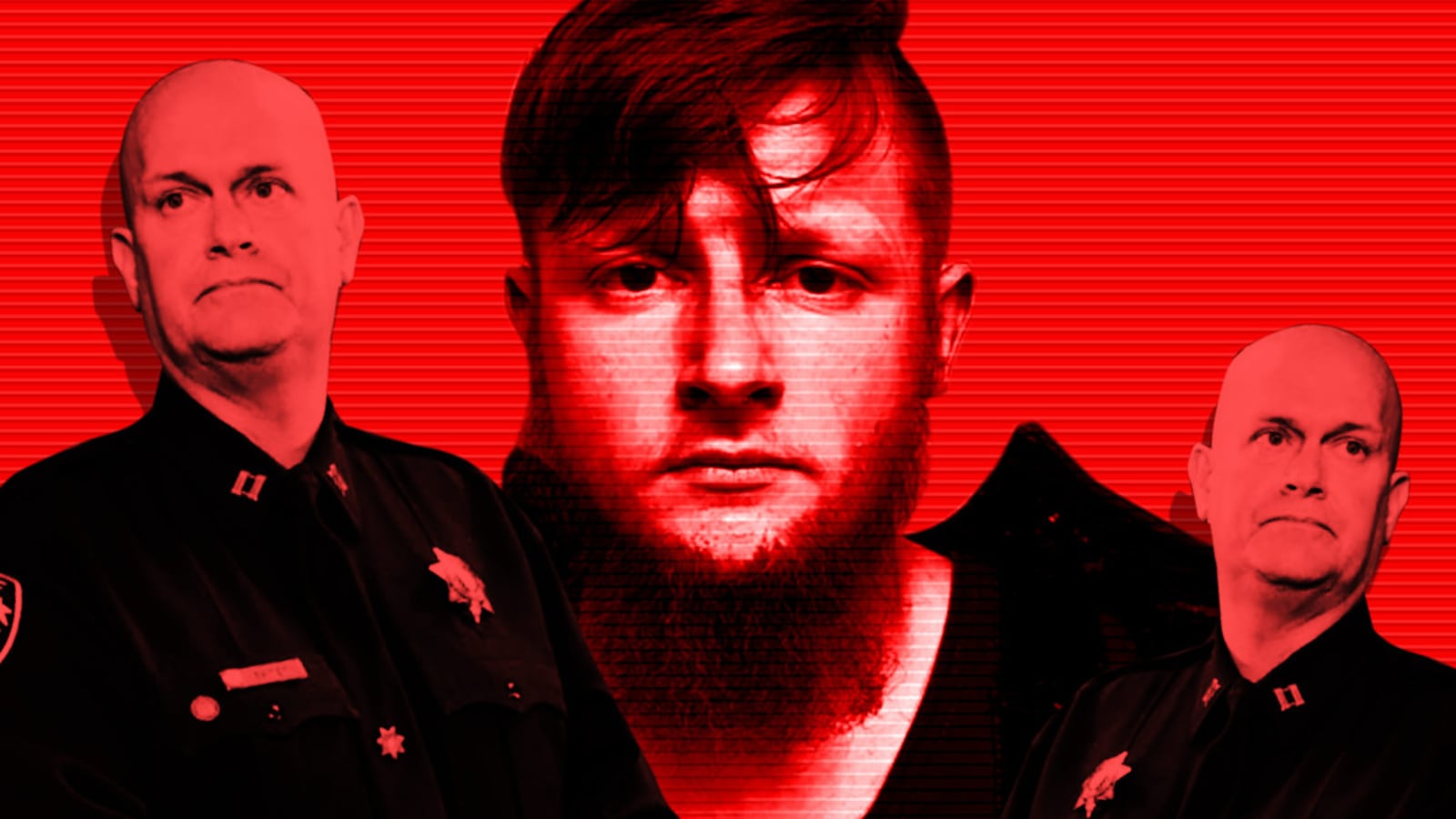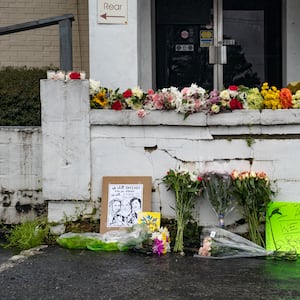As my push notifications started to pop off Tuesday night with the hashtag StopAsianHate, I could feel my stomach immediately drop. Another mass shooting, this time targeting working class Asian women in Atlanta.
Yet like many Asian Americans, and many people of color, I was shocked but not surprised.
Regardless of how it is packaged — someone who had “a really bad day,” the “little boy out there trying to protect his community,” or “the All-American… just trying to make sure his town is safe” — we know what violent acts of white supremacy look like, and that those are acts of white supremacy, regardless of what this murderer thought was motivating him as he targeted these Asian women working in spas.
No matter how news outlets bend over backwards to absolve white male murderers, at the end of the day a 21-year-old white man deciding to gun down Asian women is exactly what it sounds like. Ziwe Fumudoh put it best on Wednesday morning, while people online demanded more evidence to call it a hate crime: “Is the motive unknown or are you so entrenched in white supremacy that you’re unwilling to acknowledge racism?”
I know personally how anti-Asian dehumanization can shape the trajectory of a group, a community and a family: My Obaa-chan (grandmother) and Ojii-chan (grandfather) met during World War II, when the U.S. government was so fearful of Japanese Americans that they imprisoned (the War Committee used the term “evacuated”) approximately 120,000 Americans of Japanese descent.
The War Committee couldn’t even wait for the internment camps to be built before they began detaining people who looked different than those in power. So my grandparents met among the mucked-out horse stalls of the fairgrounds at the Puyallup Fairgrounds Relocation Center in Washington state, where they were held while they waited to be transferred to one of the 10 camps across the western United States.
And Japanese American internment—which is history I felt conflicted about when I was younger, since I would not be here without it—is only one in the long and heinous list of ways that white supremacy has stained this country.
This nation began with the kidnapping of Black people, so we could have slave labor on the lands we stole from indigenous people. Modern day history brings us ICE raids targeting Latinx families, Black deaths at the hands of police, children separated from their parents at the border, and policies that continue to disadvantage people who look, pray and speak differently than those in power.
And after a year of rising hate crimes against Asians, fueled by racist characterizations of the pandemic’s spread from our highest office, on Tuesday night we saw working class Asian women murdered while they were at their jobs. Anti-Asian hate feels like it’s at its highest level in a long time.
But a future of increased hate and violence does not have to be inevitable. To defeat something, we have to name it: white supremacy.
When I was younger, I wished that a teacher had not raised my family’s history in the internment camps as an example of tragedy—as simply a dark stain that ran counter to our country’s history of justice. When we talk about the violence against Breonna Taylor, I hope we can frame it within the wider context of how Black people being murdered in their beds by the police is not new (or the consequence of a single actor responding to fear), but of systemic racism in our institutions.
And when we talk about white supremacy, I hope that we recognize the full spread of its insidious reach because only unless we recognize it, its violence will happen again and again.
When I am older, if I have a child, I hope that they do not have to name this moment as yet another instance in which we failed to name the violence of white supremacy when we see it. I hope they point to this horrific event and call it what is: white supremacy.
And if I have a child I hope they refer to this moment as one of the turning points in how our country finally recognized its own racist past and worked together to begin to overcome it.


